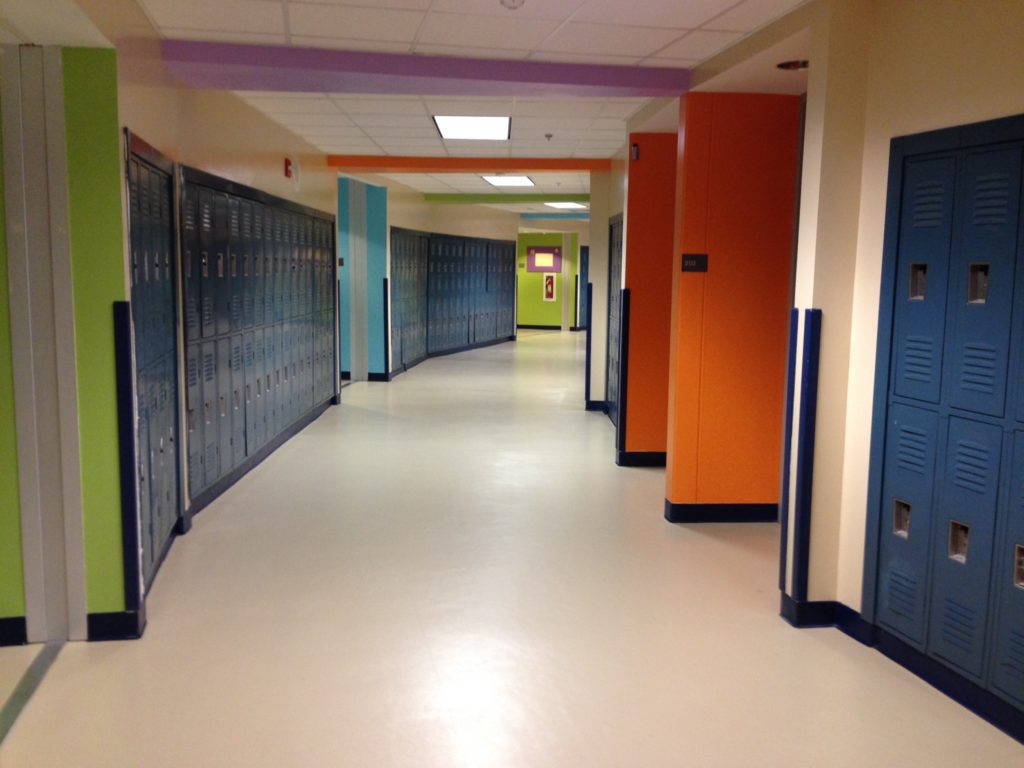
If your kids are in school, chances are you’ll be invited to an open house this fall. I hope you’ll go, for many reasons—one of which is that it’s a great chance to learn what your kids will be learning about health and sexual health.
You might think health ed isn’t as important as math and reading. Well, I may be biased 😊, but I think knowing what’s taught in health class is at least as important. For one thing, you’re unlikely to see homework from health class that gives you a sense of what your child is learning, as you would in other classes.
Plus, the content and quality of health ed curriculums are all over the map. You simply can’t assume your district is doing a good job.
Good, Bad, and Indifferent
Health ed should, ideally, cover many topics, and among them should be sexuality—including things like reproductive anatomy, puberty, preventing pregnancy and sexually transmitted infections, and treating others with respect. The best programs talk a lot about social, emotional, and situational factors—like peer pressure, consent, sexting, and healthy relationships—as well as the physical stuff.
You might be surprised by how few states require sex ed at all. Many that have some requirement about sexuality education may require coverage of only one or two specific areas, like HIV/AIDS or consent. Many states require or encourage abstinence-only sex ed, which has been proven ineffective. Only a couple of states require the kind of fact-based, comprehensive sex ed that educators consider the gold standard.
Worse, many schools offer sex ed that’s worse than limited: it’s factually wrong, and/or it’s shaming—making kids feel bad about themselves for normal things like having sexual feelings. The negative outcome of destructive sex ed can last for decades.
Often, the worst sex-ed classes are pushed by, even provided by, people with a specific political or religious agenda.
What Are Your Kids Learning?
So, what does your kids’ school cover? Does the health ed curriculum continue over many years, or is it a one-time lecture on puberty? Is it science-based? Does it focus on narrow areas, like STI- and pregnancy-prevention, or does it incorporate social and emotional aspects of sexuality? Is it inclusive of kids who are or might be LBGTQ?
It’s also important to know who’s doing the teaching. Is the curriculum taught by teachers in the district? Which ones? Who developed the curriculum? Someone with a focus on scientifically valid information, or someone who wants to scare kids to behave a certain way? Ask parents of kids older than yours what they think of the curriculum and the teachers’ approach.
Or is sex ed taught by someone from the outside—and if so, who? A local pediatrician might do a great job, but an organization with an agenda that’s anything other than fact-based can be real problem.
Filling the Gaps
Once you know what the school teaches, you can think about what you might need to cover at home.
If the school program seems superficial or narrowly focused, it’s extra important to have good sexual health resources at home. Buy an age-appropriate book or two at each stage of your child’s life, or borrow them from the library. Go online with your child to look at reputable sites like UnHushed or GoAskAlice, or use the free app OkaySo. Talk about healthy relationships, if that aspect seems to be missing.
How well does the school program fit with what you want for your child? If it focuses on fear of pregnancy and STIs, you might add that sex can also be a good, pleasurable thing under the right circumstances. If the school doesn’t seem to cover sex as a choice, talk with your kids about how they, and potential partners, should have sex only when both people are fully on board. If you get the sense the curriculum’s approach might be shaming or sex-negative, make sure your kids know that sexual feelings are normal and healthy and the sexual parts of our bodies are good parts—nothing to be ashamed of.
Homework for parents: Remember that what your kids’ school teaches is only one part of their sex education. I hope the school does a good job, but not all do. Find out—and be prepared to be a resource to your child on such an important topic.